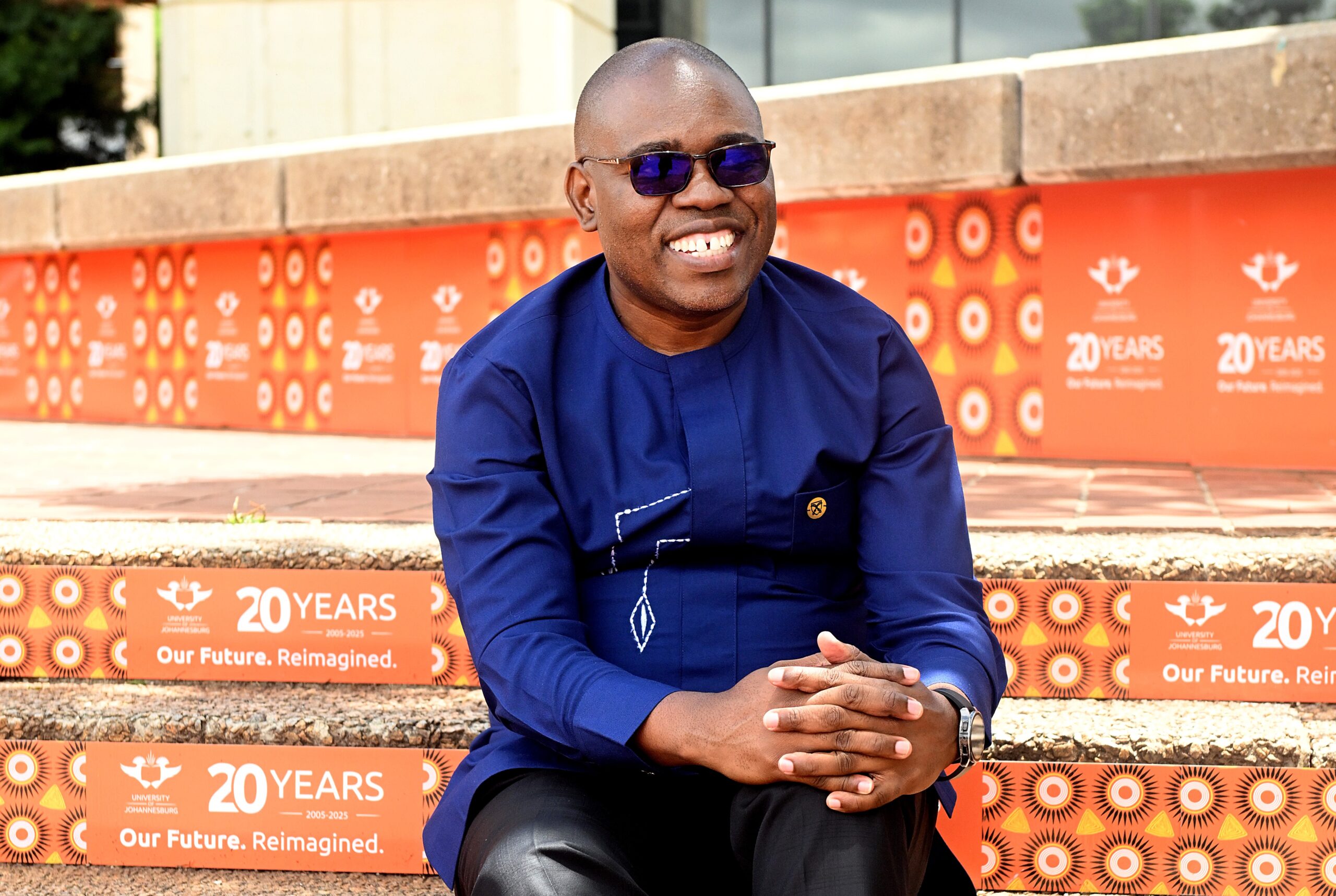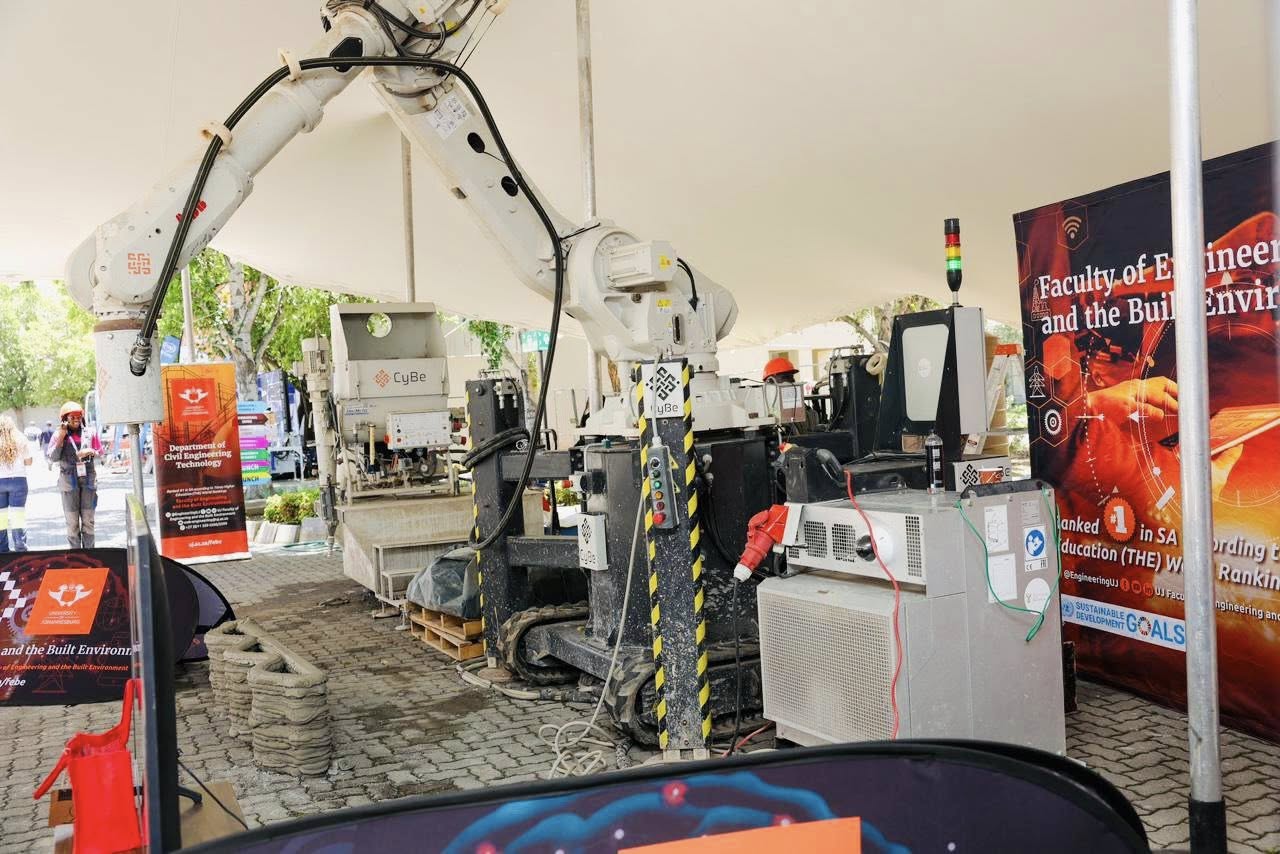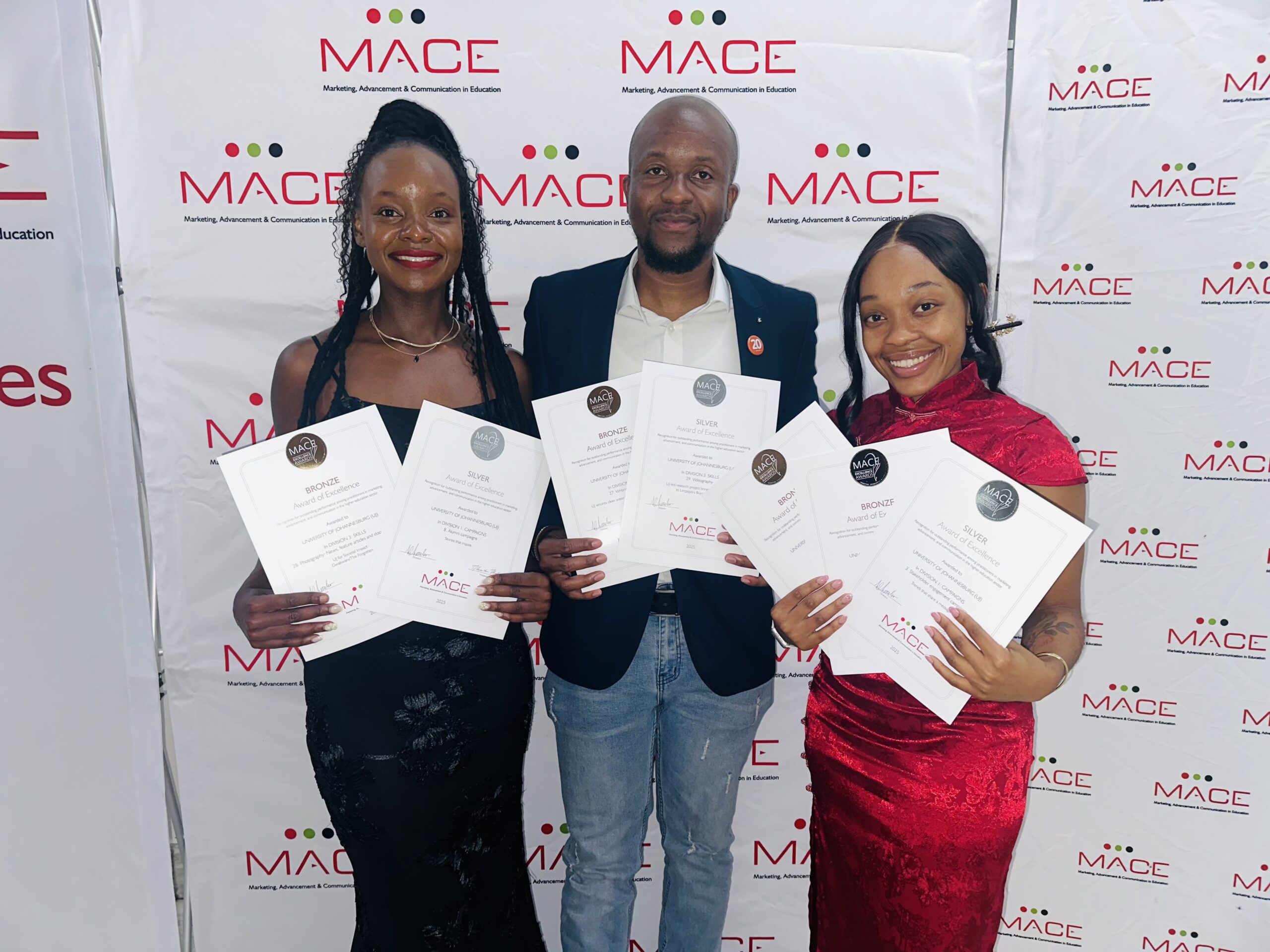Shireen Abu Akleh, a Palestian-American journalist was murdered in 2022 by Israeli forces while covering a raid on the Jenin refugee camp in the Israeli-occupied West Bank. At the time, she was wearing a clearly marked blue press vest.
Abu Akleh had worked for media giant Al Jazeera for 25 years and was considered one of the most prominent names across the Middle East for her work in the Palestinian territories.
Annually, the University of Johannesburg (UJ) in partnership with the Birzeit University in Occupied Palestine host the Shireen Abu Akleh memorial lecture. This year’s edition marked the third memorial lecture. It was organised by the Faculty of Humanities SARChI Chair in Community, Adult and Worker Education (CAWE) and the CDC.
The keynote speaker was Professor Salman Abu Sitta, a Palestinian scholar and activist who has dedicated his life to the cause of the Palestinian people. Prof Abu Sitta’s lecture was titled ‘Genocide and Apartheid: Land and Identity in Palestine and South Africa’, which explored the intertwined themes of genocide and apartheid in Palestine and South Africa. The lecture further aimed to examine how land dispossession and the denial of fundamental rights have shaped national and cultural identities in both contexts.
In the opening remarks, Professor Salim Vally, SARChi Chair of CAWE, in his opening and welcome remarks shared that since Abu Akleh’s death, more journalists have been killed in the line of duty in Palestine.
“It need be said that more media workers have been killed in Gaza, than all the journalists killed in the Korean War, the Vietnam war, both World Wars and a number of other wars. Courageous journalists continue to work, they feel obligated to share the plight of Palestine even though they know they are risking their lives and their families lives”, he said.
Professor Vally then contextualised the lecture, sharing that in order to understand the horrors facing Palestinians today, it is important to trace the conversation back to ‘Al Nakba’ or ‘The Catastrophe’ in English.
“We must understand what took place between 1947 and 1949- it didn’t start on October 7 ( 2023)”, he said.
Professor Abu Sitta, in his keynote address shared a personal anecdote of witnessing Al Nakba.
“I have witnessed Al Nakba. It was 28 094 days ago. Not one day passes, without me feeling the the impact of this tragedy. The impact it’s had on our lives, our psyches, our grandchildren and their futures. There are now new wars, waged by the same enemy, killing, destroying, vilifying, silencing, making victims of the murders and making terrorists of the victims. There is absolutely nothing like it, in recorded history,” he said.
Prof Abu Sitta then used the remainder of his address to trace the history of the dispossession of the Palestine people, and the brutality that this has come with. He then reiterated his call that someday they will return to their homes, to a free Palestine where they will begin to rebuild what’s left of their lives.
Niece of Shireen Abu Akleh, Lina, who represented her family joined in on the memorial lecture online. She began by thanking UJ, Birzeit for continuously honouring her aunt’s legacy. She also took the opportunity to thank the South African government for supporting Palestine at the ICJ and otherwise. Lina shared the difficulty they have had with accepting the death of her aunt.
“Shireen’s death sent shockwaves around the world while also setting a dangerous precedent, one that gave the military a green light to target journalists without fear of accountability or prosecution. Her death has also been a personal loss for our family and the nation. It’s an attack on the fundamental right of journalists to report the truth, and the right of all people to know that truth,” she said.
Birzeit University Professor in Media Studies, Prof Juman Quneis, said it was an honour for their institution to be able to continue the collaboration with UJ. “I have travelled to many countries, but being in your country last year, gave me hope that one day we will truly be free”.
In her presentation, Prof Quneis shared that the plight of journalists reporting from the frontlines of the war continues to be dire.
“After the killing of Shireen, the world began to notice the violations Palestinians have faced for many years. According to a report released by Journalists without Borders which was released earlier this month, Palestine has become the most dangerous on earth for journalists and their families. The Government Media Office in the Gaza Strip, shared that since October 7 2023, 219 journalists have been murdered,” she said.
Minister Mzwanele Nyhontso – Minister of Land Reform and Rural Development, Mzwanele Nhyontso gave a word of support on behalf of the South African government. And Professor Lungisile Ntsebeza, Emeritus Professor and Interim Director of the Centre for African Studies (CAS) and the holder of the AC Jordan Chair in African Studies at the University of Cape Town and the National Research Foundation (NRF) Research Chair in Land Reform and Democracy in South Africa gave a response to Prof Abu Sitta’s lecture.



